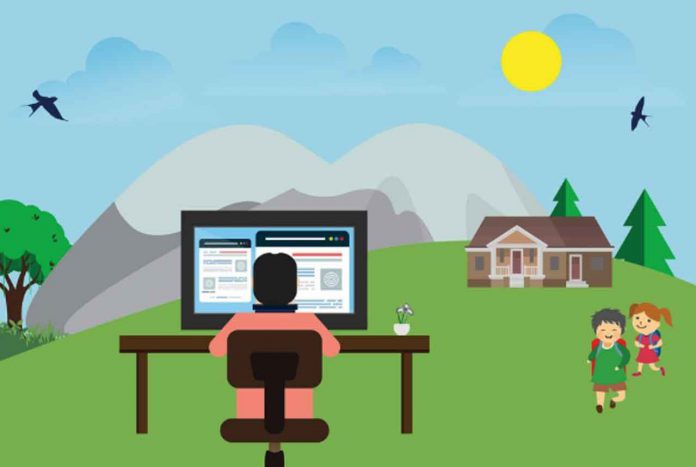The pandemic has changed our lives in ways that are profound and lasting. We’ve all had to adjust our expectations and standards from how we get groceries, to how we pay for things, to the type of clothes we buy. And corporations have had to do the same.
One area that has been especially tricky is team building.
You know how critical team-building events are if you’ve ever worked in an office. Whether it’s a happy hour at a pub or a day of trust falls and zip-lining, these events are a big part of how people make friends and learn to work together (sometimes while being tied together). But what happens when those options go out the window?
Well, let’s take a look at some of the creative ways companies have found to replace them!
Creative ways companies have been team building in light of the pandemic
Since the pandemic hit, corporations have had to get creative in team building. With so many employees now working remotely, traditional team-building activities are no longer possible.
However, that doesn’t mean that companies have altogether given up on team building. There are still many ways to build teamwork and camaraderie, even when everyone is scattered across the globe.
Here are some of the most creative ways companies are team building in the age of COVID-19:
- Virtual happy hours: Just because you can’t go to a bar together doesn’t mean you can’t enjoy a drink or two together. Many companies are now hosting virtual happy hours where employees can socialise and bond over video chat.
- Group fitness classes: Gyms may be closed, but that doesn’t mean you can’t get your workout in. Many companies are now offering group fitness classes via video chat. This is a great way to stay healthy and bond with your team simultaneously.
- Scavenger hunts: A classic team-building activity, scavenger hunts are perfect for remote teams. There are plenty of online tools to help you create a scavenger hunt for your employees.
- Board games: Another oldie but goodie, board games are a great way to build teamwork and have some fun. Depending on your team’s preferences, you can play them online or in person.
- Cook-offs: If your team loves to cook, why not have a cook-off? Employees can compete against one another to see who can make the best dish. You can even do it virtually if everyone is cooking from their own homes.
What will be the long-term impact of the pandemic on team-building practices within corporations?
Will we see a permanent shift to remote work? And what does that mean for the future of team building?
These are all valid questions that corporate leaders are grappling with as they navigate the new landscape. The pandemic has forced many corporations to re-evaluate their team-building practices and develop creative solutions that will work in a hybrid or remote environment.
One popular solution that has emerged is the concept of a hybrid team. In addition, this type of team can be very effective, but it requires careful planning and execution to ensure everyone is on the same page.
Another solution that has gained traction is the use of virtual team-building activities. These can be anything from online scavenger hunts to virtual happy hours. The important thing is that they give employees a chance to interact and build relationships in a fun and safe environment.
It’s still too early to say what the long-term impact of the pandemic will be on team building. But one thing is sure: corporations will need to be adaptable and creative to create successful teams in the new normal.
The final takeaway?
No matter what approach your company takes, one thing is clear – team building is still essential, and it’s more crucial than ever to make sure your employees feel connected. You can create a team-building strategy that works for your organisation using various methods. And who knows – maybe you’ll even have some fun in the process!







